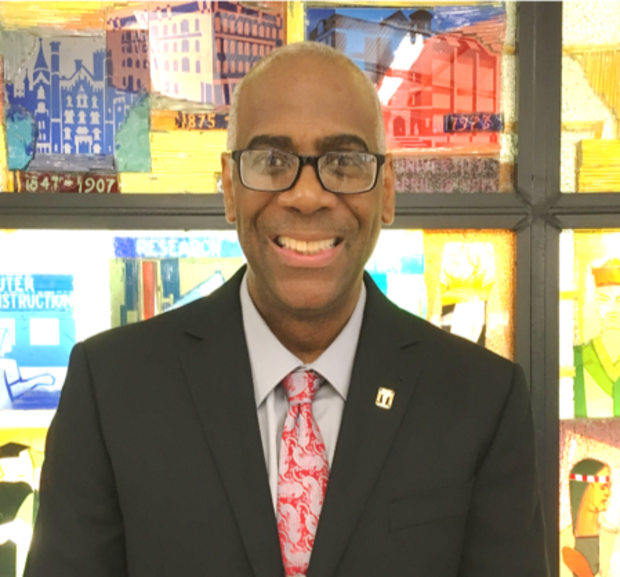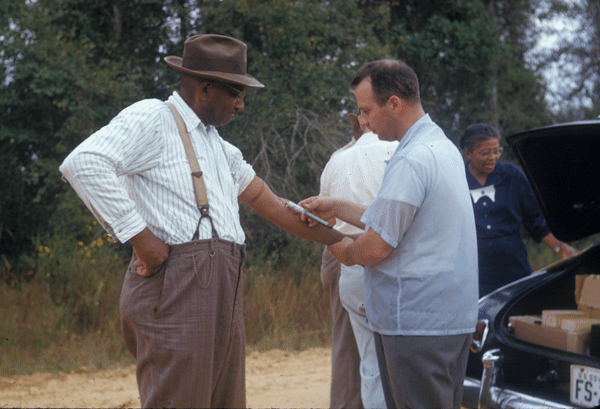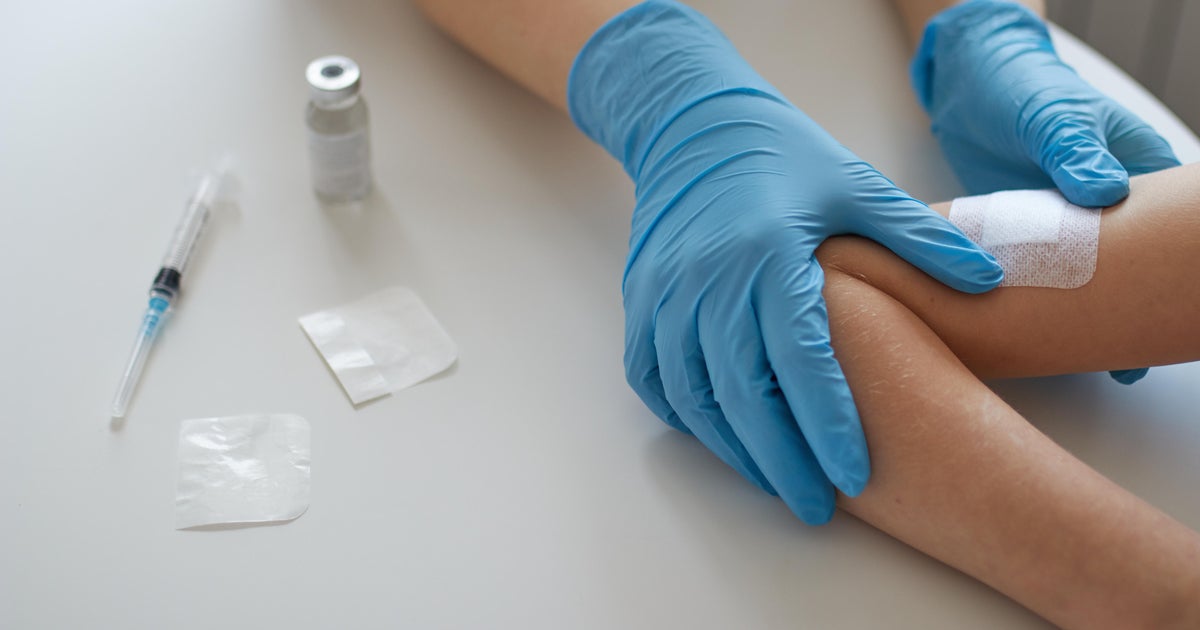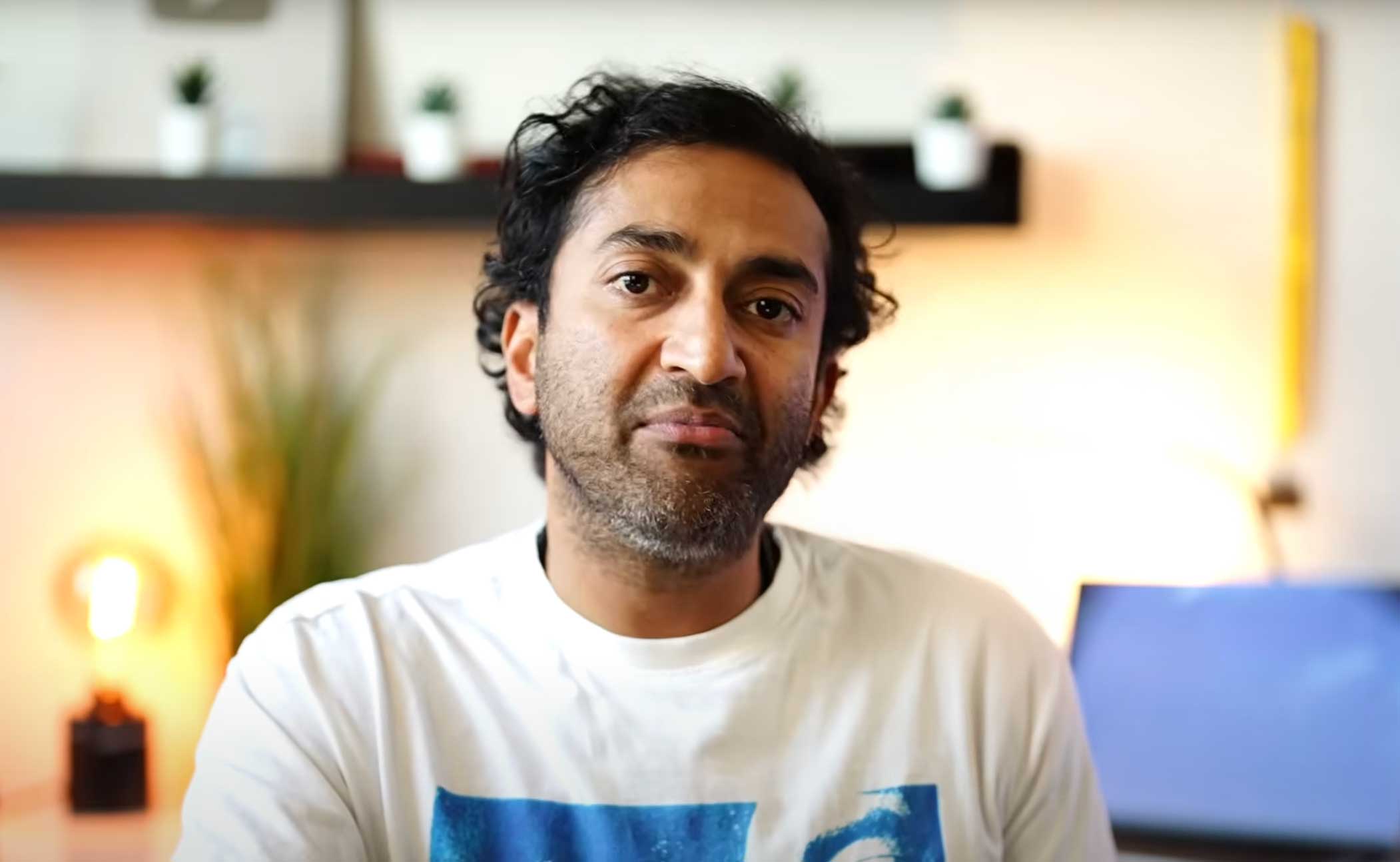Black physicians group to independently vet safety of COVID-19 vaccines
As drugmakers race to develop coronavirus vaccines, a task force formed by the nation's oldest Black physicians group will be tracking the data amid fears that political considerations could overrule safety concerns, particularly when it comes to African Americans.
"This is about ensuring safety for Operation Warp Speed," said Dr. Leon McDougle, president of the National Medical Association (NMA), referring to the Trump administration's effort to accelerate the development and distribution of COVID-19 vaccines. "We're really doing this to be a source of trusted information for our physicians and our community."
The NMA's task force, comprised of infectious disease and immunization experts, will be "reviewing the available data to help ensure appropriate evidence exists, and that in clinical trials diversity is represented, in order for us to speak to the safety and allocation within the African American community," McDougle, a family physician and professor at the Wexner Medical Center in Columbus, Ohio, told CBS MoneyWatch.
It typically takes several years to develop a vaccine, but the White House is pushing to release a vaccine this fall. That shortened time frame has fueled concerns that political pressure could override the normal regulatory process of vetting a vaccine.
The NMA, formed in 1895, is not alone in voicing concerns that vaccines might be rushed into production. Microsoft founder and philanthropist Bill Gates expressed alarm last week at what he called the Trump administration's bungled response to the pandemic, saying he fears that politics will erode public confidence in the eventual vaccine. Additionally, nine drugmakers working to develop vaccines recently took the unusual step of pledging to put science and ethics ahead of speed in developing a vaccine.
While the Food and Drug Administration would have to approve any coronavirus vaccine, recent surveys show a majority of Americans are concerned that vaccine development is being rushed. One-third said they would not get vaccinated, according to a Gallup poll last month.
Historical distrust in medical system
African Americans have less trust in the medical system than White patients, and often receive worse care, studies have found. History is littered with examples of medical mistreatment of Black Americans, including experimental operations on enslaved Black women between 1845 and 1849 by Alabama surgeon J Marion Sims.
There's also the notorious 40-year study by the Public Health Service and the Tuskegee Institute, in which nearly 400 Black men with syphilis were misled about being treated. The study was found to be "ethically unjustified" and participants were awarded $10 million in an-of-court settlement in 1974, according to an account by the Centers for Disease Control and Prevention.
But McDougle said his faith in the vaccine development process has been rattled by a recent events, starting with the CDC issuing a May 3 directive that let doctors test asymptomatic people from "racial and ethnic minority groups disproportionately affected by adverse COVID-19 outcomes — currently African Americans, Hispanics and some American Indian tribes," only to remove all mention of race and ethnicity three days later.
The CDC had been "looked at worldwide as being the gold standard, but there are things that keep happening and people don't have good explanations," McDougle said.
Recent missteps by the FDA raises further concerns, he said. Specifically, the FDA used its emergency use authorization to greenlight two COVID-19 treatments — convalescent blood plasma and hydroxychloroquine, a malaria drug promoted by President Donald Trump.
"There's concern about some of these decisions being politicized," McDougle said. "It even impairs the ability to complete the clinical trials appropriately."
Correcting "mixed messages"
The FDA in June revoked the authorization it gave hospitals in late March to give hydroxychloroquine and a related drug, chloroquine, to COVID-19 patients, saying the drugs were likely ineffective and might pose risk, citing "ongoing serious cardiac adverse events and other serious side effects."
After critics accused FDA Commissioner Stephen Hahn of exaggerating the findings of a Mayo Clinic study on the benefits of using convalescent blood plasma as a treatment for COVID-19, he backtracked the following day.
"There seems to be political influence and it's disturbing," said McDougle. "We want to help provide some clarity with the mixed messages out there."
The CDC did not immediately return a request for comment.
Asked for comment, an FDA spokesperson pointed to opening remarks by Hahn before Congress on Wednesday.
"I want to assure you and emphasize that every one of the decisions that we have reached have been made by career FDA scientists and based on science and data, not politics," Hahn said.







